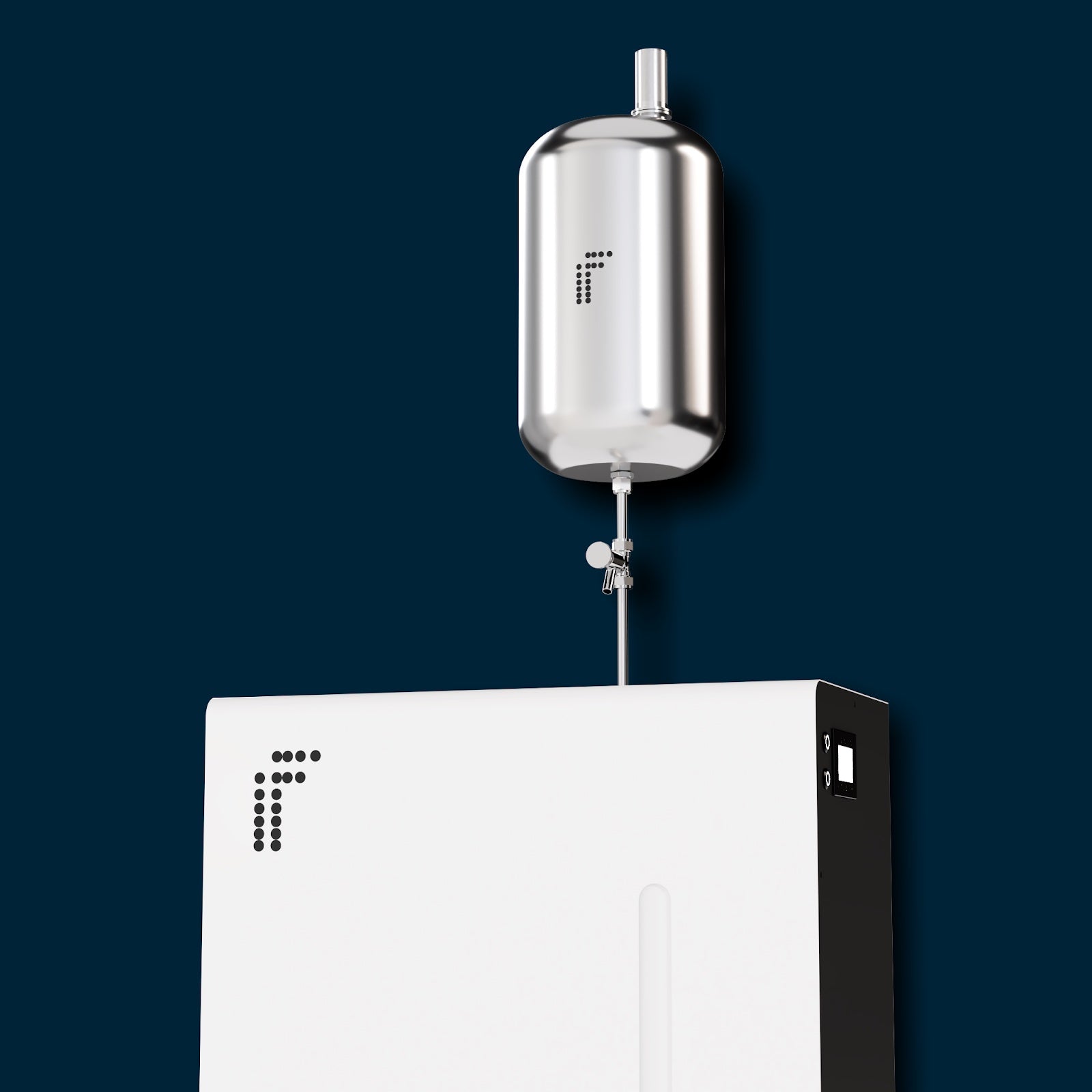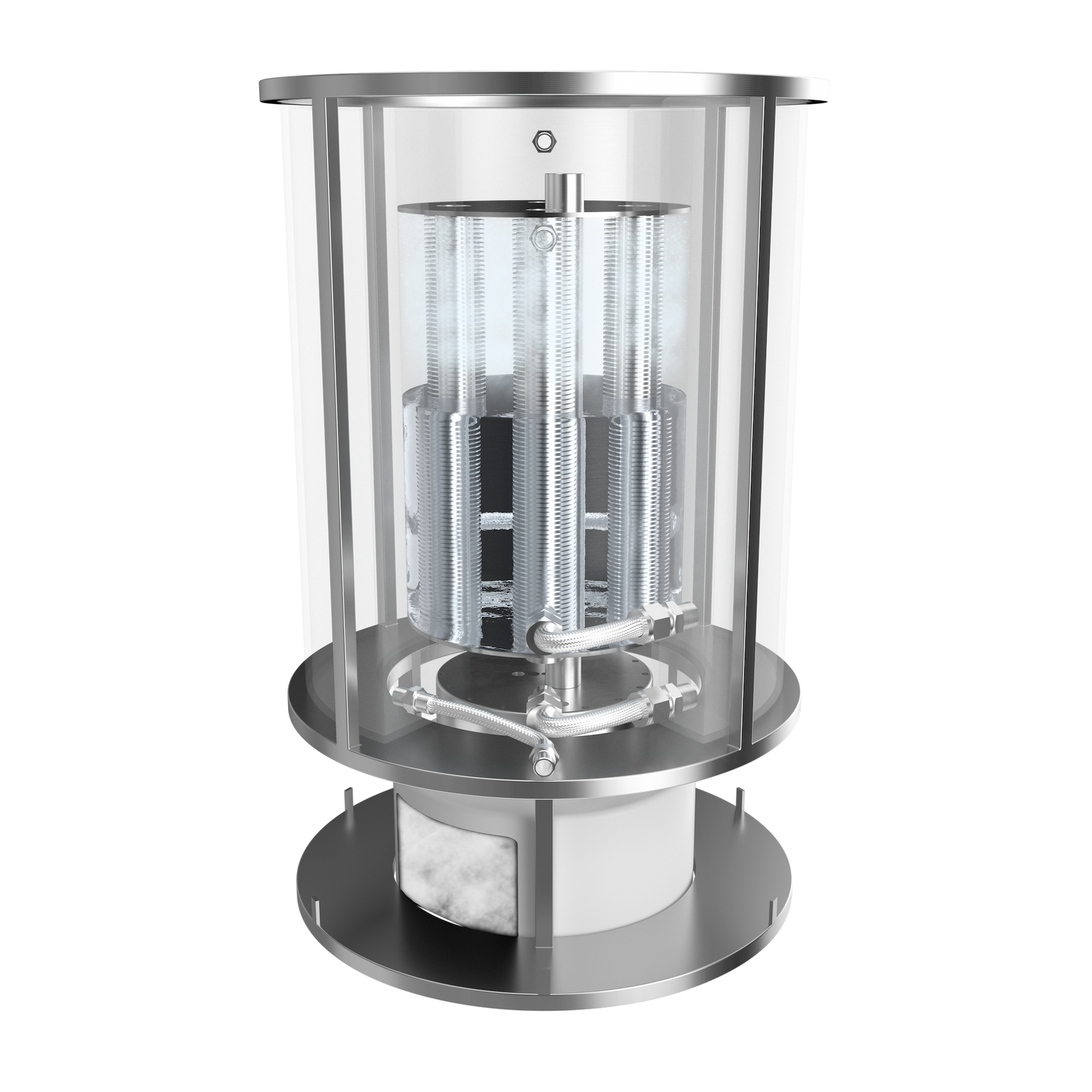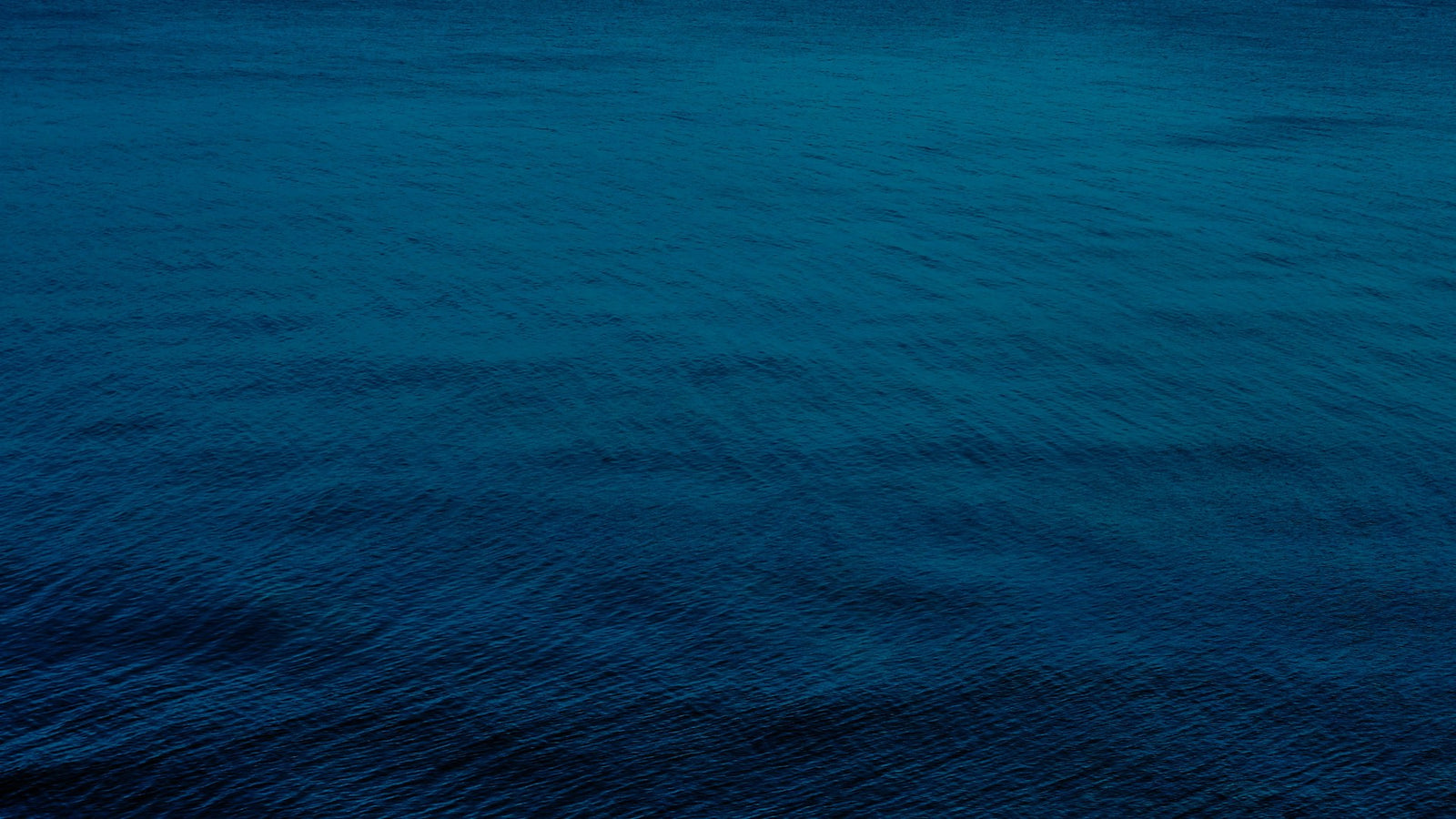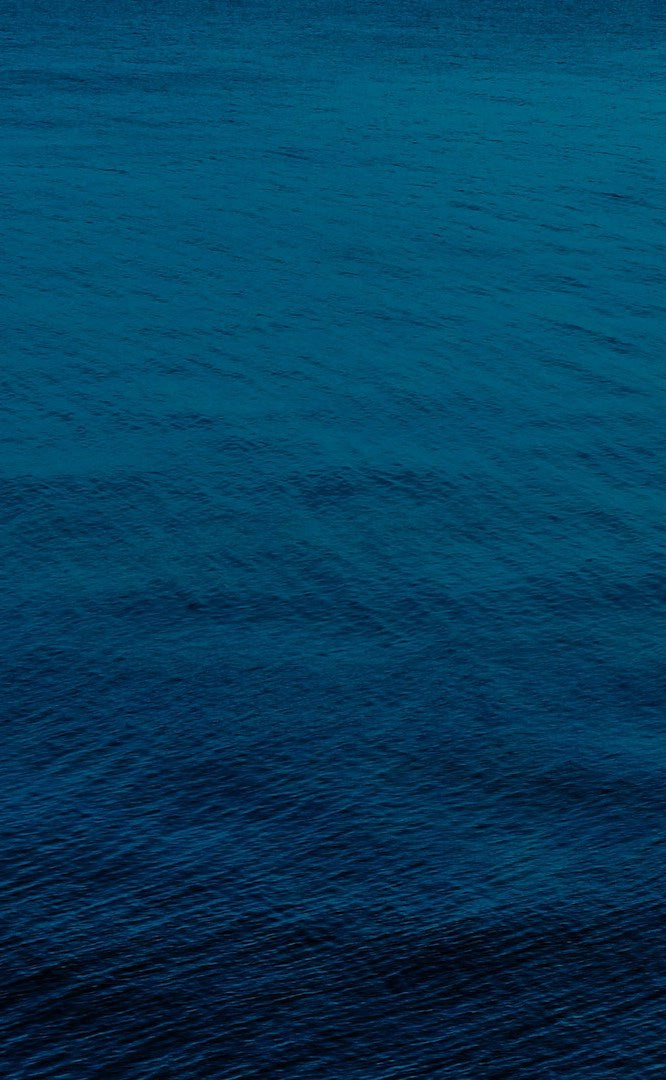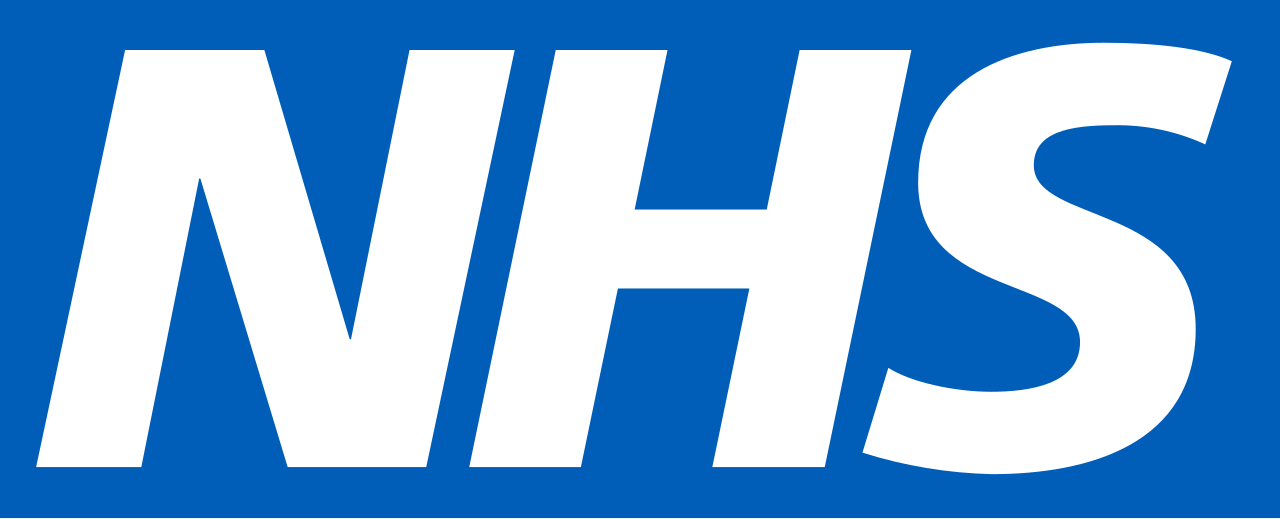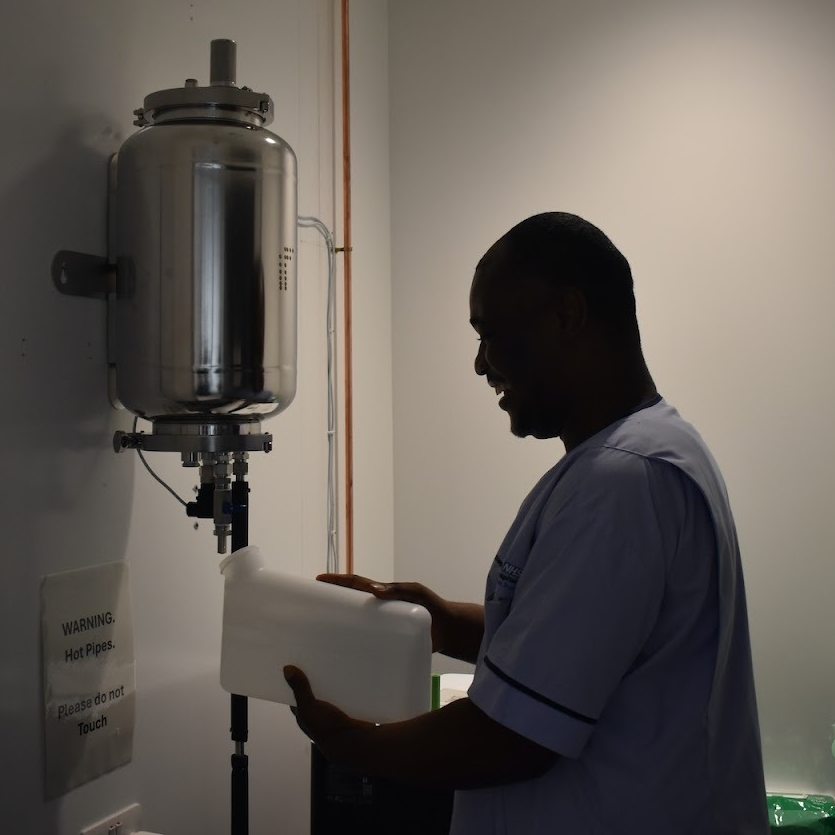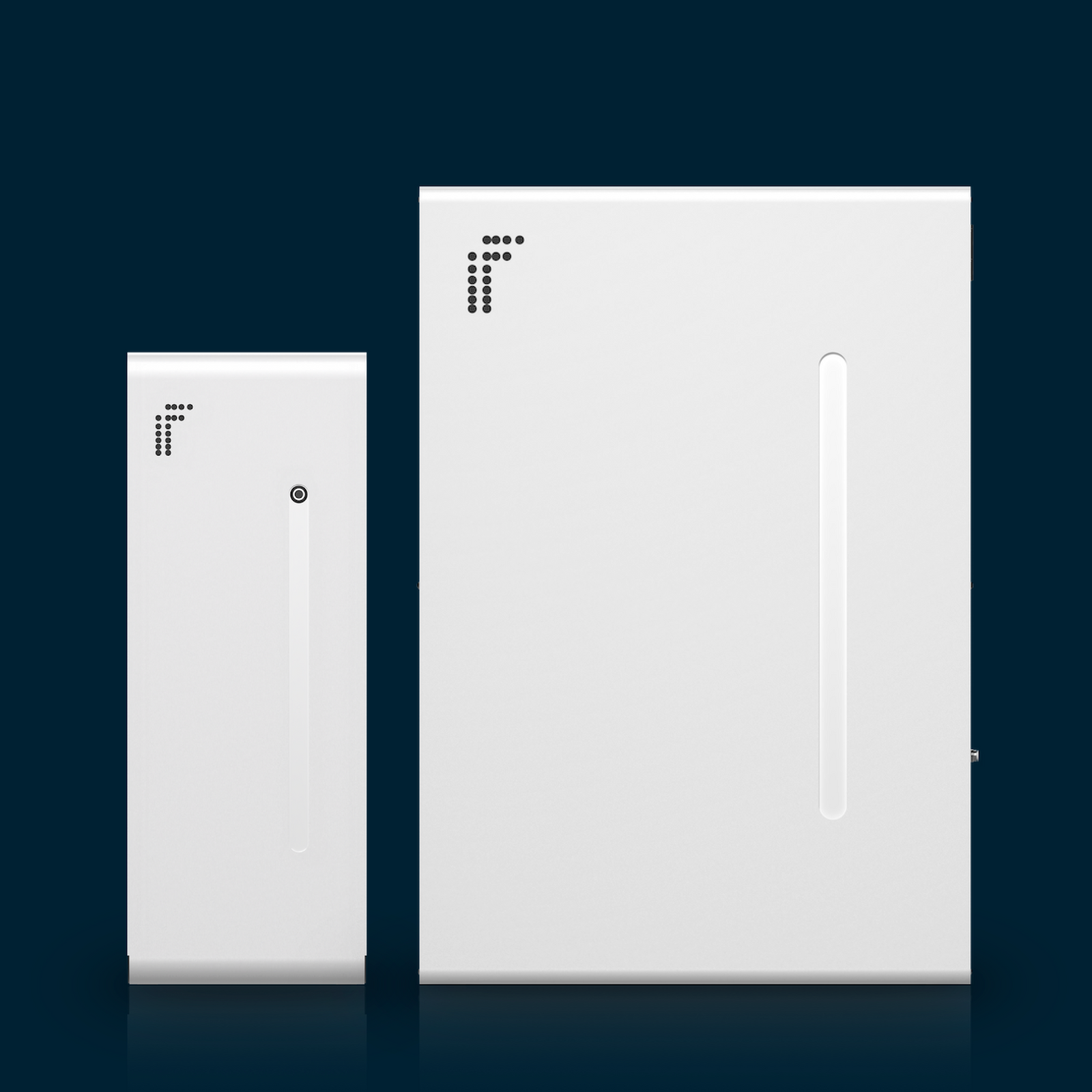Why departments are switching to MedicalOne
The MedicalOne™ system, produces consistent medical grade water on site from tap water, replacing 90% of department bottle water needs.
✓ Delivers immediate and sustained cost reduction
✓ Provides predictable, low monthly operating cost
✓ Supports Infection Prevention & Control with patented daily thermal disinfection
✓ Provides the clinical gold standard of water production, Vapour Compression Distillation
✓ Builds department resilience, removing reliance on bottled water supply chains
Patented Non-Consumable Purification Technology & Automated Thermal Disinfection
MedicalOne uses patented, highly efficient Vapour Compression Distillation technology. Distillation is the clinical gold standard for water purification recommended by Pharmacopeia, due to its consistent high purity. MedicalOne uses the same industrial process used by sterile bottled water manufacturers, miniaturised to provide reliable medical water directly within your department.
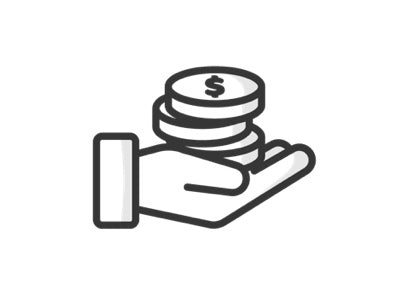
Save Money
Cut operational costs with a low, predictable monthly running cost
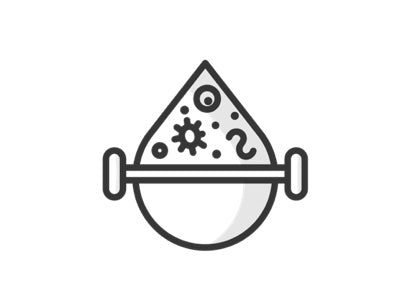
Protect Quality
Built for healthcare compliance, delivering daily thermal disinfection
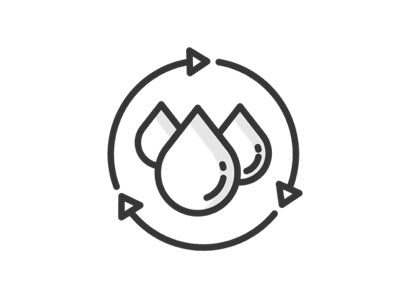
Consistent
Distillation with daily thermal disinfection delivers unwavering, auditable water quality
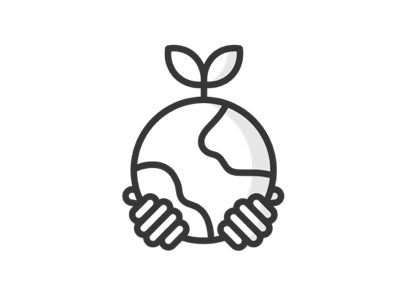
Sustainable
Eliminates thousands of wasteful, high carbon single use bottles every year
Where MedicalOne is used
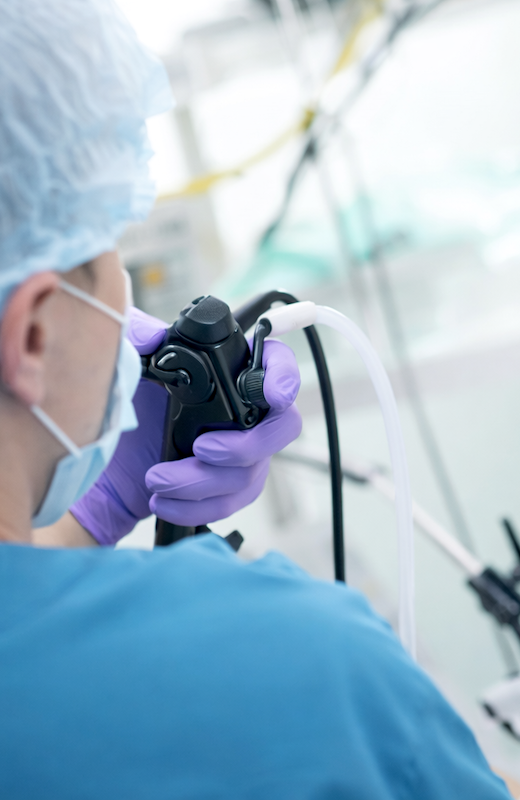
Endoscopy
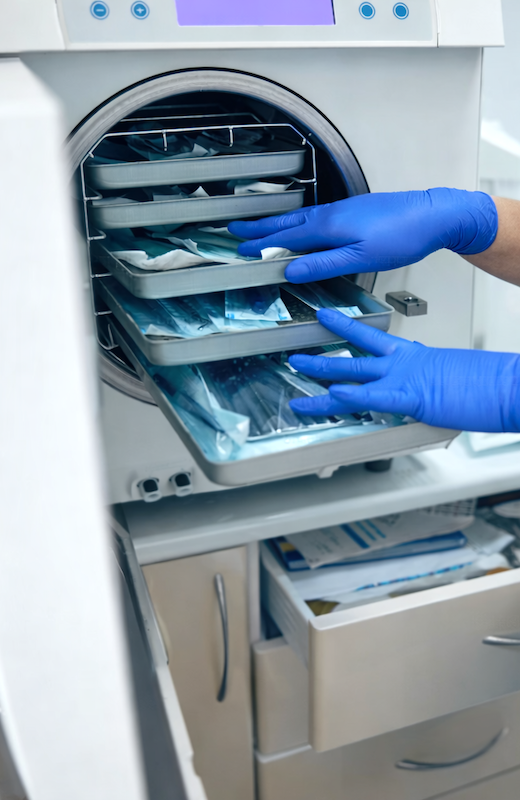
Local Decontamination
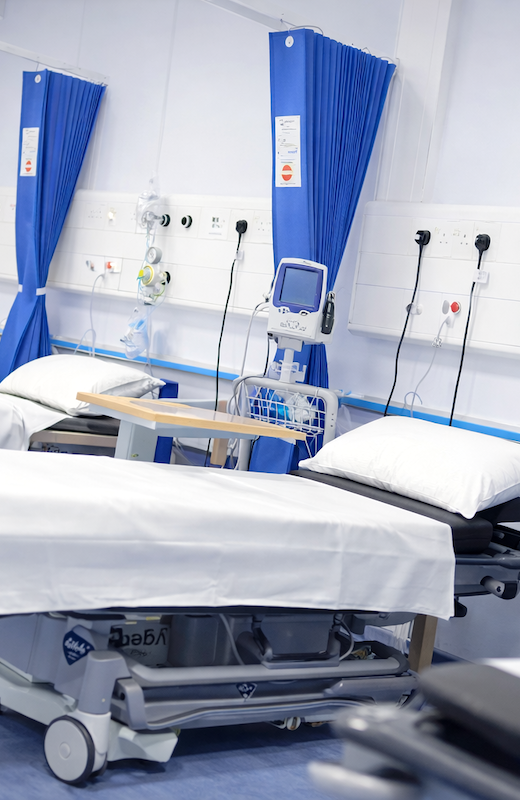
Hospital Wards
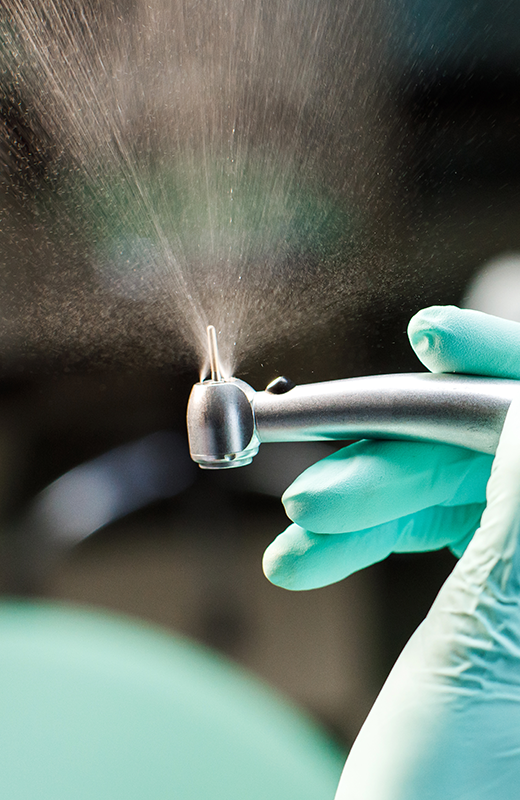
Dentistry

Theatres
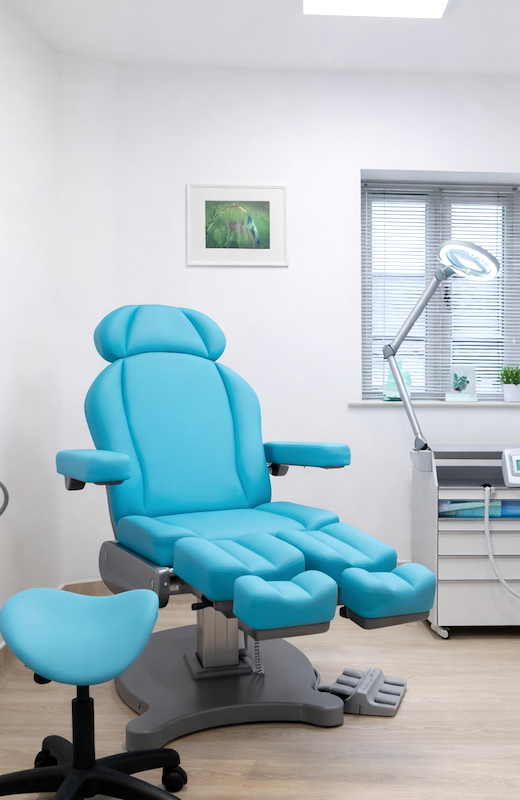
Podiatry
✓ Patented Technology
✓ CE Certified
✓ UKAS-verified
✓ Adopted by NHS
Trusted by healthcare and public-sector leaders
What departments say after switching
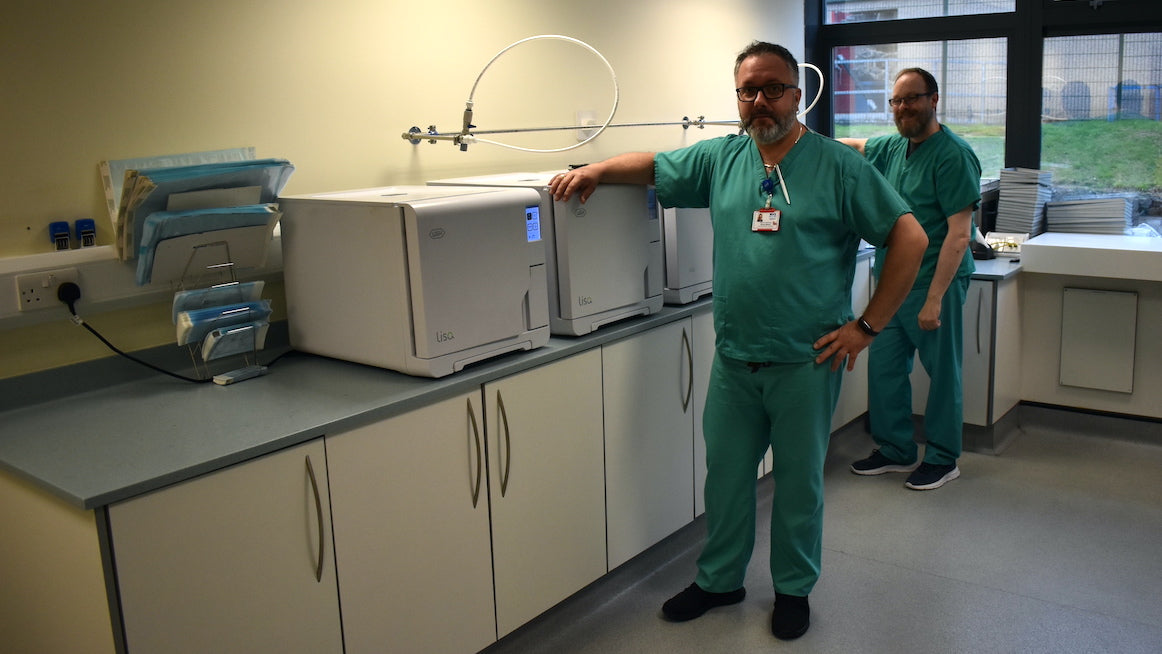
“MedicalOne removed 8,840 bottles a year from our dental service, cut our water costs by 62%, and made us completely self-sufficient during national shortages. The savings, resilience, and consistency made it an easy decision.”
Decontamination Compliance Officer, NHS

“When sterile water shortages doubled our costs overnight, it exposed how fragile the NHS supply chain really is. Since installing MedicalOne, we’ve removed over 3,000 bottles in six months and become fully self-sufficient. The cost, resilience, and quality benefits made the decision straightforward.”
- Decontamination Compliance Officer, NHS
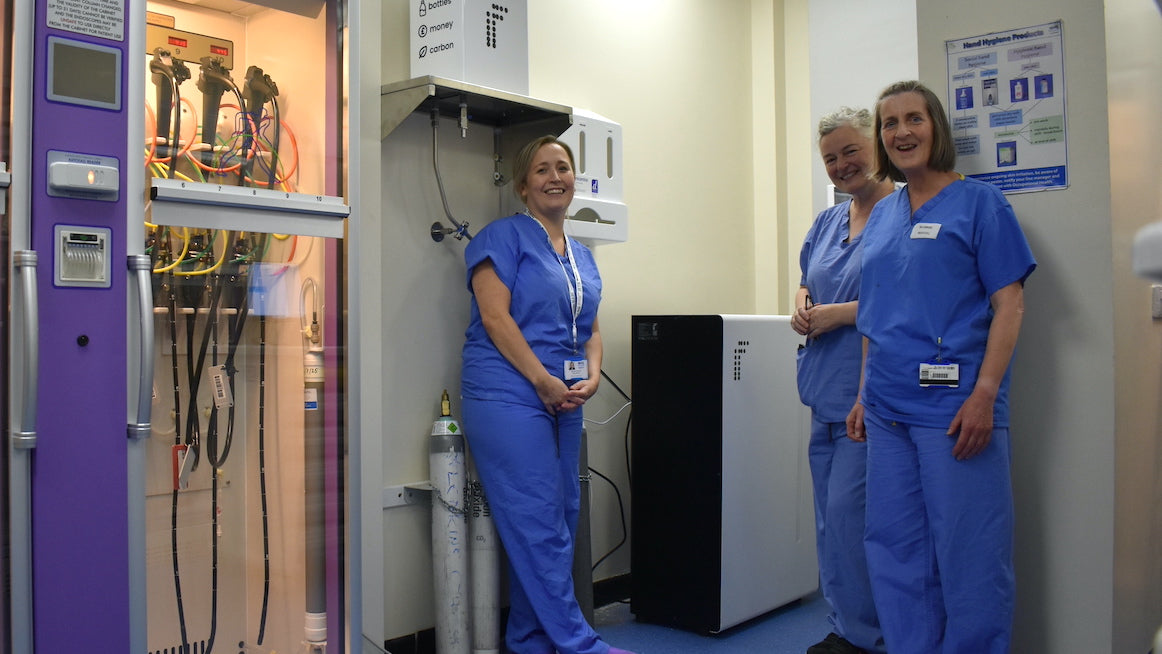
"We are adopting MedicalOne in our Endoscopy department to address the significant number of plastic bottles we go through on a yearly basis, and to stop spending money on plastic bottles."
- NHS Chief Nurse, Endoscopy Unit

